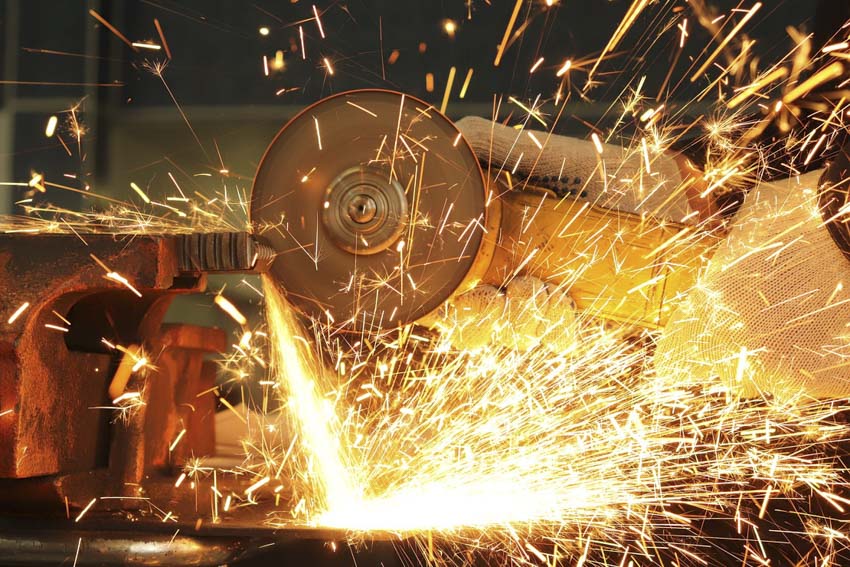According to reports, US Steel has reached an agreement with Nippon Steel out of Japan in a deal worth nearly $15 bullion when it’s all said and done.
The Details
The acquisition is two-fold. The majority of the deal is a cash purchase of about $14.1 billion, or $55 per share. That’s a significant premium over where US Steel’s stock was trading.
US Steel stock (NYSE symbol X) was trading at just over $25 per share when the market opened 2023 in January. It hit bottom at $20.80 per share in June. In August, there was a sharp rise to $31 per share, and it steadily rose to nearly $37 per share before spiking with news of the sale to $49.59.
The second part of the deal includes Nippon taking over US Steel’s debt, bringing its total cost to roughly $14.9 billion.
The move pushes Nippon into a higher level of overall production, with estimates hitting 89+ million metric tons of steel. US Steel on its own produced about 14.5 million metric tons in 2022, resulting in $21.6 billion in revenue. That’s well behind world leader Baowu group (state-owned in China) which produced closer to 120 million metric tons based on 2021 numbers.
This all assumes that there aren’t any obstacles that are too high to overcome. The United Steelworkers International Union has already publicly announced its concerns about a foreign acquisition and its commitment to protecting the jobs of its members. Nippon has stated that it intends to honor all union contracts currently in place. However, United Steelworkers has not-so-subtly called into question national security as a potential issue.
Structurally, US Steel will continue operating as a subsidiary of Nippon with its headquarters remaining in Pittsburgh, PA.
A Brief History of US Steel Formation
US Steel is a home-grown success story with several names you may be familiar with playing key roles. Andrew Carnegie, J.P. Morgan, Charles Schwab, William Moore, and Elbert Gary started the company back in 1901.
When it all started, J.P. Morgan financed a merger between the Carnegie Steel Company, Federal Steel Company (Gary), and National Steel Company (Moore). The total deal was $493 million dollars. In today’s money, that’s about $17.3 billion (source: CPI Inflation Calculator).
Why It Matters
Steel production affects virtually every trade. Whether you’re in plumbing, electrical, auto, general construction, or even woodworking, there’s steel in your life. It’s most directly in the materials you’re often using, but it’s also in many of the tools you use and the machines in use to manufacture those tools.
Even outside the trades, you likely live in a structure that uses steel, you use items every day with steel components, and whatever form of transportation you use is almost guaranteed to have steel somewhere on it.
The point is steel production is a massive part of our country’s productivity. As the price of steel changes, so do other goods that rely on steel for their manufacturing.
It’s certain that some people will feel a sense of loss for such an iconic US-based manufacturer to be acquired by an international one. There’s likely some anxiety for steelworkers and their families as they wait for the next steps to take place and for what the new normal is going to look like once all the dust settles.
However, it’s our hope that this works out for the better. If this deal can strengthen the United States’ manufacturing capacity and bring more manufacturing processes inside our borders, that’s a good thing. It’s a good thing for the workers and their families who will benefit from the jobs manufacturing creates. It’s a good thing as we seek to rely less on China and become more independent in our production.
Like everyone else, we’re just going to have to wait and see.



